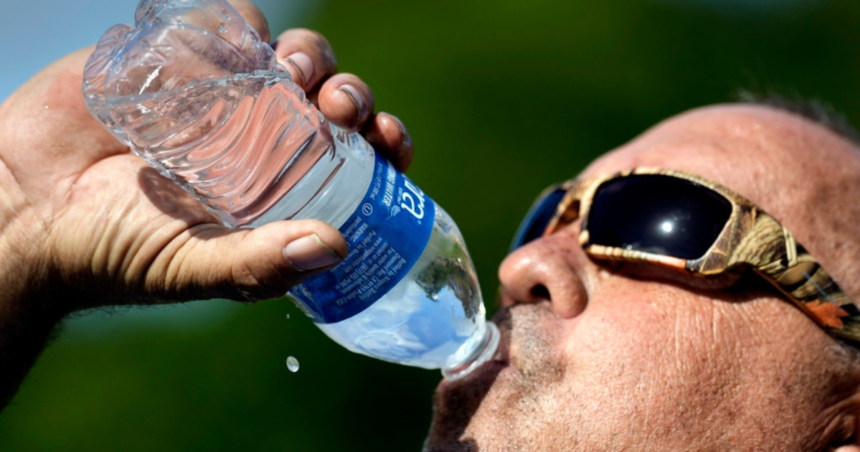Heat poses a significant health risk, and being prepared and taking preventative measures are crucial in safeguarding against heat-related illnesses such as heat exhaustion or heat stroke. This is especially important for individuals who are at an increased risk due to certain medications or health conditions.
“Be cautious about what you consume and how it may affect your body,” advised Dr. Joshua Feinstein, an ER Physician at Memorial Hermann Medical Center, in an interview with Scripps News.
Staying hydrated by drinking plenty of water and limiting sugar intake are essential for maintaining proper hydration, which aids in keeping the body cool. Understanding the risks associated with various medications, whether they are over-the-counter or prescription, is also crucial, as they can impact the body’s ability to regulate its temperature.
“Many cold remedies contain decongestants that can redirect blood flow and inhibit effective sweating,” Feinstein explained.
Specific medications like Parkinson’s drugs, antihistamines, antipsychotics, aspirin, laxatives, beta blockers, and blood pressure medications can affect sweating, thirst sensation, or the body’s capacity to dispel heat.
It is important not to discontinue medications without consulting a healthcare professional. If concerned, individuals should speak with their pharmacist or healthcare provider to assess their specific risk factors.
Avoid leaving medications in the car, especially during hot weather, as heat and moisture can degrade their potency before the expiration date due to changes in their composition.
According to the CDC, inhalers, EpiPens, and insulin can all be negatively affected by exposure to heat, potentially compromising their effectiveness.
Weather
A heat dome is covering regions of the US, triggering excessive heat warnings
2:18 PM, Jun 04, 2024
Individuals with chronic health conditions are at a higher risk of heat-related illnesses.
“Obesity patients with diabetes and heart disease are particularly vulnerable to extreme heat as dehydration can occur rapidly,” stated Dr. Frank Chae, Medical Director of Bariatric Surgery Program at Sky Ridge Medical Center, in an interview with Scripps News.
If feeling weak, dizzy, or unwell in hot weather, it is advised to seek shade, hydrate, and possibly consult a healthcare professional. In severe cases, seeking medical attention may be necessary.
Recent reports from the Associated Press and the Centers for Disease Control and Prevention have highlighted the significant impact of heat-related illnesses, emphasizing the importance of taking precautions during hot weather.





